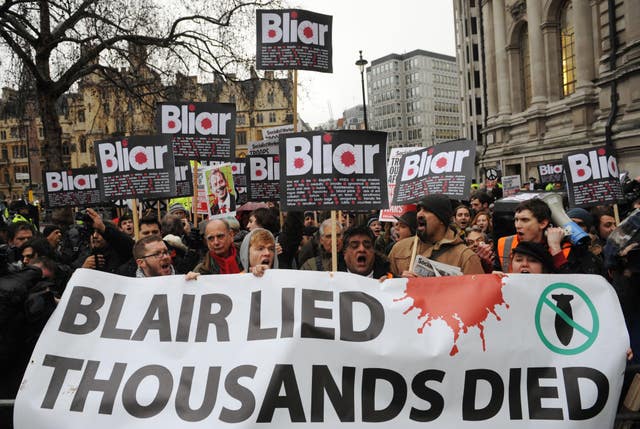
There is a hill in Dover, England, that winds down from the main road through housing estates, past schools and to the town center and port. On the hill, somewhere just before Christ Church secondary school, is a section of road characterized by mini-roundabouts, each of them painted with the slightly fading white and red of the St. George cross.
At the bottom of the hill, inside Dover’s shipping port, a red line on the floor designates the bicycle check-in route. The line weaves between trucking lanes and the port reception building, and approaches the small passport control booth, where five or six armed border officers are busy eating their breakfast.
The officer at the window checks passports, assesses would-be travelers, and asks the necessary questions. The French city of Calais is a short ferry ride (just 21 miles) across the English Channel. It’s the most popular landing point for British tourists traveling to the continent by boat, but for those planning to spend a night in the area, serious warnings are issued: There are migrants operating in the Calais area. Travelers must be “aware of this, and very careful.”
Dunkirk
It’s Tuesday afternoon in Dunkirk, France, and a large van has pulled off the motorway, slowed down to a crawl, and turned a hard left onto the narrow farm service road. The van chugs on for another 100 meters, then pulls into a dusty gravel parking lot, where a number of organizations have gathered to offer services to the refugees who live nearby.
The services on offer today will include food bags for four people, hot drinks, basic medical attention, hairdressing facilities, phone charging, and games such as Dominoes and Connect 4.
The scene itself is not an oddity in Calais or Dunkirk. Look out the window of a passing car, and you might just see it. A small collection of vehicles, with plastic-gloved volunteers distributing basic goods to 80 or so refugees out the back.
There are an estimated 2,000 refugees living like this in the Calais/Dunkirk region. The nationalities and cultures represented are numerous: Syrian, Iraqi, Afghan, Eritrean and Kurdish. Officially, these tent and tarpaulin settlements — often situated in forests, under bridges or on fallow farmland — are illegal. But recognized by the state or not, it’s here that the refugee communities are sleeping and gaining access to basic provisions.
It’s 2 pm when the van pulls in, and the volunteers climb out. Two of them usher the vehicle into position and others place cones down to encourage spacing. A coordinator jumps out, unlocks the rear door and wrenches it back.
While the bags begin to be handed down and distribution gathers pace, a huddle of people has formed to one side. This is a familiar practice, some of the community always choosing to wait apart from the others. Today the group consists of two women, a man with a crutch and a lone 10-year-old boy. Servicing this separate group is always a balancing act. Today the weather is good, and there’s plenty of food to go around, but these are desperate living conditions, and there can be complex internal relationships and hierarchies at play.
After waiting some time, the two women receive a food bag, and the man with the crutch drifts away with another group. But 15 minutes later, when the last bag is distributed and the van door slams shut, the boy is left protesting on his own. His family is asleep at the camps, he says, and he needs the bag to take back and share with them. The story sounds believable enough, but true or not, there is an important precedent in place, and a four-person bag cannot be handed to a single individual.
Off to the left of the car park scene, a fold-out camping table has been set up along the edges of the trees. Crouched down behind the table, an Afghan refugee and an international volunteer are filling up cups of water from two large tanks, lining them up on the tabletop above.
“What will happen here in the winter?” the refugee says. “I think it’s getting too cold.”
The volunteer looks up at him, “You stay here for longer?” she says. The man shakes his head.
“I don’t know,” he says.
“And this winter?” the volunteer asks. “What is your plan for this winter?”
The man laughs, turning his palms over to face the sky.
“My plan?” he repeats, grinning and shaking his head. “Yes, what is my plan?”
The man is dehydrated, the skin on his cheeks folding like tissue paper as he smiles. Today the scene in front of them is ordered and calm, but over the next month, there will be regular nightly raids by the French police, looking to leverage the seasonal change to push the refugees from the coastal region. Zooming out further still, we see a chaotic political climate, growing international tensions over border control and the threat of hostile policy changes in 2022.
“Hospital”
There is a large hospital that serves the Calais area. Between the hospital building and the distant motorway fly-over, there is a system of roundabouts, fishing lakes and scrub-land, and it’s here, hidden behind the first line of bushes, that we find the largest settlement of refugees in the region. This site, named “Hospital,” is home to a highly transitory, mixed-nationality community. Distributions here are busy. The atmosphere is usually controlled and calm, but living conditions like this must be treated with respect. There are countless unseen factors that can break the balance of stability.
It is a Friday. Distribution would usually take place at Hospital on Saturday afternoons, but other organizations and community liaisons have reported disturbing news: The previous night, the police went into the settlement with tear gas, dismantled and destroyed the tents and possessions, loaded many of the inhabitants onto buses, and transported them away from the area. According to the coordinator, the exact relocation point of the refugees in question is now unknown. If the raid had been planned, it is possible that they would have been dropped at a police station in Arras (the region’s capital). Often however, the intention of relocations like this is simply to scatter, driving the inhabitants far enough away from the hospital to deter them from returning on foot.
As the volunteers gather for their lunchtime briefing, heavy rain reverberates off the warehouse roof. There has been a change of plan. For those refugees who avoided transportation from the Hospital settlement, or have managed to make their way back in the early hours, there will be a great need for basic provisions.
At 7:30 pm, the van pulls into the Hospital site, loaded with 150 tarps and 150 blankets. The refugees are aware that they are coming, and have formed a line to collect the goods. They look tired and stretched in the closing light. After a baseline level of poor health, now their only possessions have been taken away from them, and many have faced long journeys on foot to get back to this location.
The coordinator pulls on the handbrake and turns to brief the volunteers. The current position of the line is not going to work; it will need to be moved about a hundred meters across the car lot.
While the van repositions itself, the volunteers try to communicate the message calmly. At first the rearrangement looks achievable, with the majority of community members working to maintain order. But as the van parks and the rear door opens, the line begins to march and bunch up, and a few people from the rear make a break for a better position.
“We have enough for everyone,” the volunteers repeat. But they have said things like this before, and however hard they try to enforce fairness at distribution, the back of the van will always be closed at some point.
As the refugees form up again, a few men argue for position. A distribution like this would usually be a place for smiles and a few cheeky jokes. But tonight, the community appears glassy-eyed and exhausted. They take the items, thank the distribution team in hushed tones, and make their way back behind the scrub.
Old Lidl
The following evening, at the Hospital distribution site, new signs have been erected. This area serviced the largest number of refugees in the region, but now it’s clearly prohibited to distribute here. For the volunteer coordinators, the signage changes are nothing new. Just another temporary measure, brought in by a policing network structured around short-term measures. A 15-minute walk away from Hospital is another well-used refugee site, and reports suggest that the community has moved there.
This location used to be home to a Lidl supermarket, but now the building has been demolished, leaving an empty parking lot beside a dusty farming field. When the distribution van comes through at 2 pm, the road between Hospital and the old supermarket is a steady stream of people. The van pulls across a set of train tracks and into the lot. Across the dirt field, perhaps 200 meters away, there is a dense tree line with a string of tarpaulins running along its edge. Despite the great desire for tents, blankets, tarps and jackets, the organizations are unable to be reactive, and today’s drop will be the pre-arranged food bags.
Forty minutes into the distribution, a heavy rain shower comes in. The charging boards are covered with plastic tarps and everyone hurries beneath the cover of the largest trees.
A group of boys in their early teens are gathering at the rear of the parking lot. Two of them walk off into the distance, heading toward the shadow of an industrial site on the horizon. The others kick at the dust at their feet, and watch them intently.
Toward the end of the distribution, one of the boys approaches the van, asking for shelter and winter clothing.
“The police, they come at night and take everything warm,” he says, pointing a finger toward the road. “From the Hospital, we come here, and last night they follow us. They are OK sometimes. But sometimes they shoot gas or abuse … sometimes very bad abuse.” The boy steps back and mimics someone hitting the ground with a club repeatedly.
After a short time, the rain stops and the organizations collect the trash and prepare to leave. It’s early evening when they climb up into the van and take their seats.
The key is placed in the ignition, when a member of the refugee community approaches the passenger-side window. The coordinators greet this man by name.
There is an emergency situation unfolding. The man points off toward the tree line. Last night someone was seriously injured and needs urgent medical attention. There is a protocol for emergencies like this, and the volunteer coordinator steps out of the van to address the situation.
Ten minutes later, as the coordinator advocates for the injured man, two French riot police transporters arrive with eight officers inside. The officers approach the volunteers, requesting IDs and insurance documents for the vehicles. One of the volunteers isn’t carrying ID, and is threatened with detainment and a large fine.
But as police retreat to discuss the matter between themselves, the atmosphere seems to have calmed. The leading officer approaches the coordinator, speaking to him authoritatively. This time the organization will be allowed to leave, he says, but next time the maximum fines will be issued.
Passing Blame
Following the dismantling of the Hospital settlement, police continued to increase their hostile activities, and Human Rights Watch issued a report warning of the “daily harassment and humiliation” faced by the refugee groups.
The autumn season had seen a great surge of refugee sea crossings, and with many found dead in the English Channel, and media coverage growing, both United Kingdom Home Secretary Priti Patel and Prime Minister Boris Johnson publicly blamed the French government.
In July 2021, Patel had promised a fresh £54 million for increased fencing and police presence in Calais, but now, following the rise of crossings, there are open threats to withhold the money, and French Interior Minister Gérald Darmanin declared that “not one euro” has yet been paid.
As the weeks roll on, the pressure on the refugees continues to mount. In late November, 27 people were found drowned in the channel in a single day, and while U.K. Home Secretary Patel targets the French government for allowing these crossings, her counterpart, Gérald Darmanin, fires back, citing the U.K.’s illegal labor market as the main incentive for the refugee migration. It’s an international blame game that shows little understanding of the complex motivations of the refugee groups, or the shared responsibility that the U.K. and France have for managing the situation. But for Patel and the U.K. government, there is a longer-term focus here at play.
Toward the summer of 2022, the U.K. government hopes to pass the “Nationality and Borders Bill,” a complete overhaul of the policy in respect to refugee and asylum seeker treatment. A legal review of the legislation, led by eminent human rights lawyer Raza Husain, has found the document in breach of multiple articles across the European Convention for Human Rights and the United Nations Refugee Convention. Husain’s report depicts the bill as a destructive rollback of previous legislation, reversing “a number of important decisions of the UK courts, including at the House of Lords and court of appeal level.”
If the proposed legislation does pass, refugees trying to make the crossing will be met with criminalization at the U.K. border, subsequent detainment at purpose-built offshore facilities, and the possibility of relocation back to “safe third countries” if their asylum application to the U.K. should be rejected (safe being a complex and subjective concept).
“What’s clear from these proposals is that Priti Patel’s anti refugee bill is cruel, inhumane and deeply flawed,” concludes British human rights organization Freedom From Torture, and the effect of the new policy “will actually just lead to a greater number of vulnerable people living in limbo, in constant fear of removal to persecution and enduring unbearable hardship and exclusion.”
But the proposed policy changes wouldn’t stop there. Along with its hard line on asylum application, the bill includes the highly controversial Clause 9, which would allow the government to strip individuals of their British citizenship without any prior warning, if the action to do so was deemed necessary by the secretary of state as within “public interest” or “the interest of national security.” The inclusion of Clause 9 has sparked a massive reaction from the British public, especially among ethnically marginalized groups, and an online petition calling for a review of Clause 9 has now been signed by over 300,000 people. “We believe these provisions should be removed,” the petition’s organizers state. They are “unacceptable, and inconsistent with international human rights obligations.”
For critics, these sweeping policy changes look like a power grab from the British government, an attempt to establish a higher level of centralized control, with particular long-term consequences for asylum seekers, protesters, and those non-white British communities who are more likely to have their citizenship threatened and be disproportionately criminalized by increased stop and search powers. Whatever the outcomes of policy change in 2022, we can be sure this year will be a stormy one for politics in the U.K.
This post was originally published on Latest – Truthout.


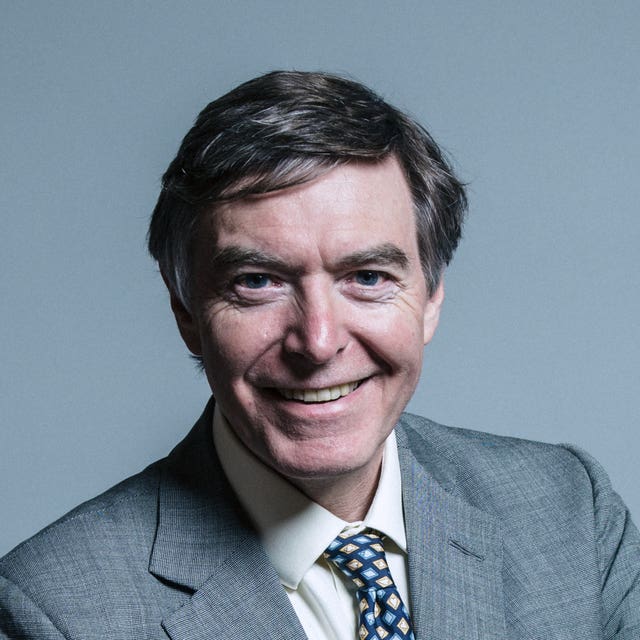
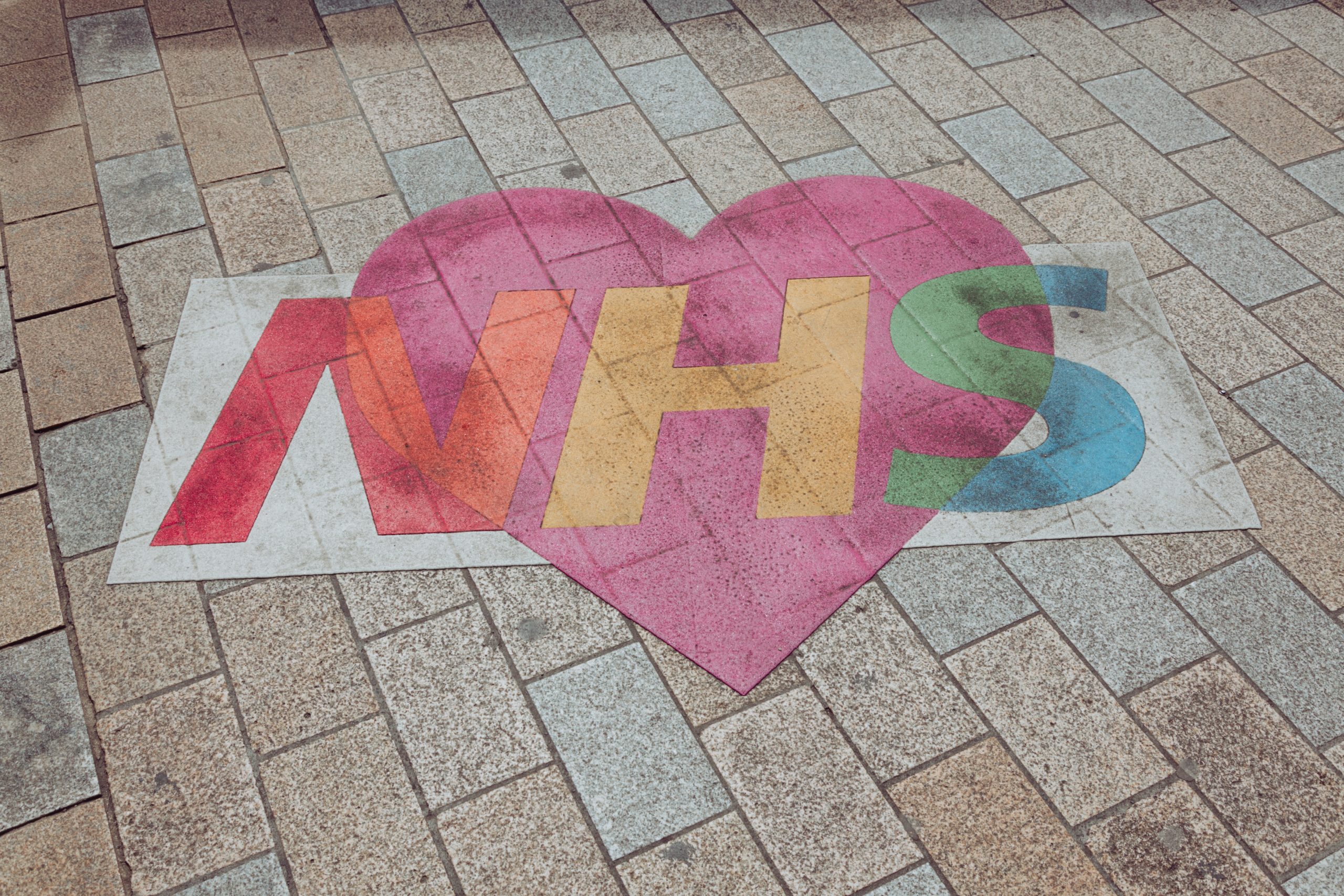




 (@Bbmorg)
(@Bbmorg) 
 On your own
On your own 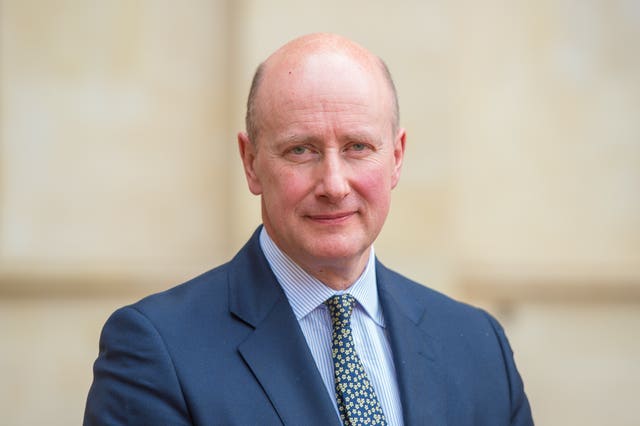


 (@JillyCL)
(@JillyCL) 




 (@RecordsToLiveBy)
(@RecordsToLiveBy) 

 (@nodge71)
(@nodge71) 
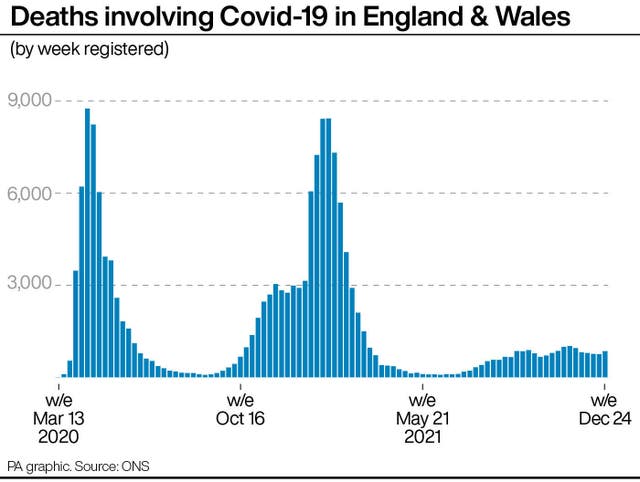
 (@Saffiya_Khan1)
(@Saffiya_Khan1) 





